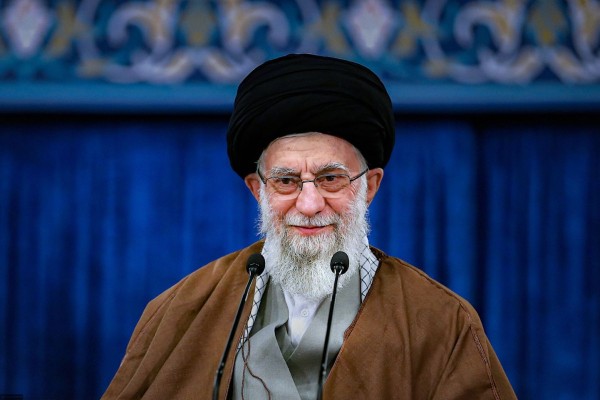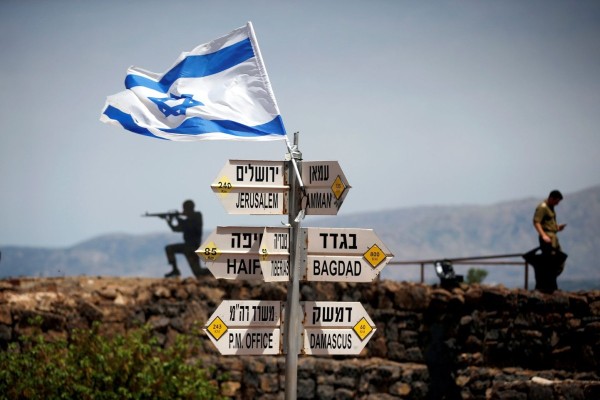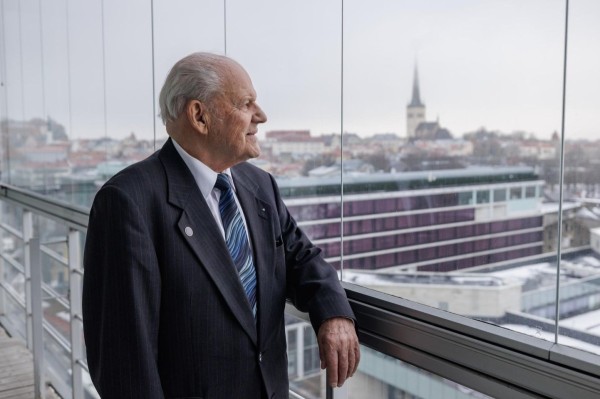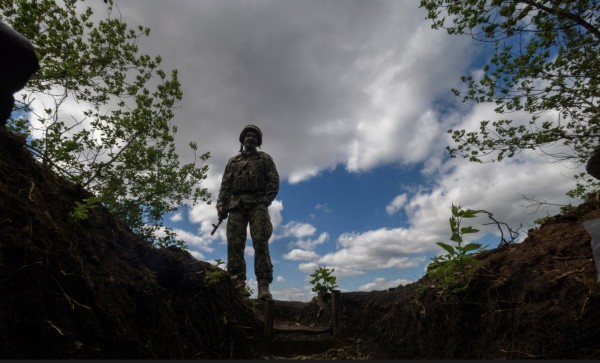Staunton, May 24 – Since Moscow’s annexation of Crimea and its continuing subversion of other parts of Ukraine, many have asked whether one or another of the Baltic countries might be Vladimir Putin’s next target, given that his strategic goal is clearly the breaking apart of Europe and the United States and discrediting or even destroying NATO.
That lies behind the question, “Are you prepared to die for Narva?” a reference to the predominantly ethnic Russian city on Estonia’s eastern border, a city some have suggested Putin might seek to occupy temporarily or permanently and thus a possible flashpoint in a post-Ukraine world.
And Andres Kasekamp, a political scientist at the University of Tartu, argues in an essay for the Estonian Foreign Policy Institute that there are compelling reasons to think that Narva will not be Putin’s next target, reasons that reflect how different Estonia is from Ukraine (evi.ee/wp-content/uploads/2015/05/EVI-mottepaber21_mai15.pdf).
Although Russia has engaged in expanded military activity in three Baltic Sea region and although “at first glance there might be some superficial similarities” between Ukraine and NATO, Kasekamp points out, there are a large number of “clearly more significant” differences between the two.
Estonia, like her two Baltic neighbors, is a member of NATO and the EU, thus any action against them would have “immeasurably graver consequences. Moreover, “the success of the Crimean operation depended on surprise, the existence of Russian bases on Ukrainian territory and the defection of Ukrainian officers, and “a unique post-revolutionary situation” in Ukraine.
Moreover, Moscow was able to exploit a situation in which “the border with Russia in eastern Ukraine was lengthy, porous, and weakly guarded.” None of those things is true in the Estonian case, Kasekamp says. And Estonia not only has “a state capacity to respond immediately” to any Russian challenge but a commitment based on experiences that it must “always offer military resistance.”
Additionally and importantly, the Estonian political analyst argues, “Hybrid war is not something new for the Baltic states. They have already experienced elements of hybrid war - cyberattacks, economic pressure, disinformation campaigns. Even the Soviet-sponsored failed Communist insurrection of 1924 in Estonia had many common features with events in 2014, as did the Soviet annexation in 1940.”
No Russian move against Estonia would allow Russia “the deniability of direct military involvement” it has exploited in the case of Ukraine. And “there is no historical territorial bone of contention” like Crimea. “Narva has always indisputably belonged to Estonia,” Kasekamp points out. And “even Putin understands that Estonia … is a completely distinct nation,” something he does not believe Ukraine to be.
But the crux of arguments that Putin might move against Estonia or her Baltic neighbors, especially Latvia, involves the ethnic factor. “Putin has justified aggression against Ukraine with the need to ‘protect’ Russian speakers” and pointed to the better economic conditions in Russia as compared to Ukraine.
Neither of these factors works for Moscow in the Estonian case, Kasekamp points out. Few Russian speakers in Estonia, even those who support Moscow’s occupation of Crimea, have any interest in becoming part of Russia themselves. They know how much better off they are in an EU country than are the Russians in Ivangorod and Pskov, two extremely poor areas.
Instead of asking the Russian speakers of Estonia about how they feel about Crimea, it would be far more instructive, Kasekamp says, to ask “whether they would prefer rubes to euros … the Russian health care system to the Estonian one … [or giving up] the right to freely travel and work within the EU.”
“There is a sharp contrast between Estonian and Russian-speakers on support for NATO and perception of a threat from Moscow,” he acknowledges, but he points out that “there is little difference” between the two groups “regarding the will to defend their country.”
After Estonia recovered its independence in 1991, many believed that the ethnic Russian minority there would be integrated over time, that “Soviet nostalgia would fade with the passing of the older generation.” That has not happened as quickly and thoroughly as such people had expected.
In part, that is because “Russia has instrumentalized its ‘compatriots’ in order to under societal integration and to maintain a sense of grievance and marginalization,” an effort that reflects Moscow’s use of Russian television in order to ensure that “most Estonians and Russophones live in separate information spaces.”
But that is not the irresistible force that many assume, Kasekamp says, noting that “the Baltic states were among those who proposed that the EU take countermeasures” And Estonia itself has “decided to fund a new Russian language TV channel – not to provide counter-propaganda but to strengthen the identity of the local community.”
For all these reasons, he concludes, Narva is not next.
Narva is Not Next, Kasekamp Says (2)
Viimased kommentaarid
Kommentaarid on kirjutatud EWR lugejate poolt. Nende sisu ei pruugi ühtida EWR toimetuse seisukohtadega.
http://www.insiderdaily.info/2...
Secret Operation: "New California".
Secret Operation: "New California".
This article assumes that Putin is rational and values human life; that of Russians, Estonians and others.
Arvamus
TRENDING



























